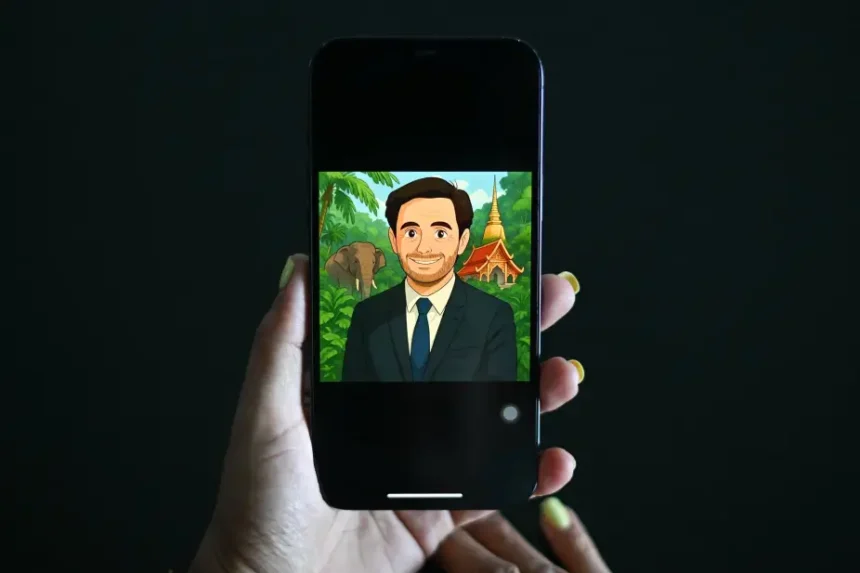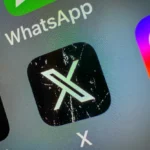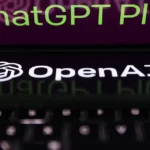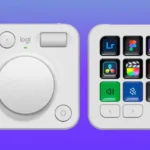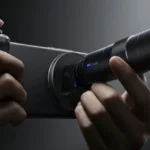When OpenAI rolled out its powerful image-generation feature in ChatGPT last week, the internet lit up with excitement—and controversy. One of the most striking uses of the tool? Users realized they could create illustrations that looked eerily similar to the whimsical, hand-drawn style of Studio Ghibli, the iconic Japanese animation studio co-founded by the legendary Hayao Miyazaki.
From charming forest spirits to ethereal dreamscapes, social media platforms were soon flooded with AI-generated images mimicking the soft color palettes, surreal creatures, and emotional storytelling associated with Ghibli classics like My Neighbor Totoro, Spirited Away, and Howl’s Moving Castle. But while the tech world marveled at the creative potential, longtime fans of the beloved studio weren’t impressed. In fact, they were outraged.
Silence from Studio Ghibli—But Not From Its Community
As the AI-generated Ghibli-style art proliferated online, many fans turned their attention toward the studio’s reclusive mastermind, Hayao Miyazaki, hoping he would speak out. Known for his strong artistic principles and deep emotional storytelling, Miyazaki has long been critical of artificial intelligence in the arts. But at 84, the legendary animator has remained silent—at least for now.
However, the Ghibli community has taken matters into its own hands.
Over on Reddit, the r/ghibli fan subreddit quickly became a battleground for the debate. The moderators of the subreddit didn’t mince words. They reaffirmed the community’s firm and long-standing stance against AI-generated artwork.
“I just noticed about a dozen different ‘BAN AI NOW’ posts here seemingly spurred on by an influx of AI Ghibli art on other sites,” one moderator wrote. “We don’t allow AI art. We haven’t allowed it basically since it became a thing.”
This policy isn’t new. The subreddit, which prides itself on celebrating genuine fan creativity and respecting the legacy of Studio Ghibli, has had rules against AI-generated art for quite some time. But the flood of new AI-generated images across the internet—especially ones mimicking Ghibli’s distinct style—reignited a wave of posts, comments, and moderator updates. For many fans, the issue is about more than just style; it’s about respect.
When Imitation Crosses a Line
To fans, these AI-made images aren’t an homage—they’re exploitation. Many of the image-generation models, including those used by OpenAI, are trained on massive datasets scraped from the web, which include copyrighted artwork from thousands of artists. This includes, fans argue, art from Ghibli films, used without permission from Miyazaki or the studio.
This is part of a broader controversy surrounding AI training practices. The New York Times and other major media companies have already filed lawsuits against OpenAI for allegedly using their copyrighted material without authorization. Meta and AI art generator Midjourney face similar legal challenges.
The Ghibli situation, however, hits especially hard. Hayao Miyazaki is not only one of the most revered animators of our time but also a passionate defender of hand-drawn animation and the human touch in art. His disdain for AI-generated content is well-documented.
“I can’t watch this stuff and find it interesting,” Miyazaki said in a 2016 documentary when shown AI-generated 3D animation. “Whoever creates this stuff has no idea what pain is whatsoever. I am utterly disgusted.”
His statement has resurfaced countless times over the past week, as fans share it to remind others of Miyazaki’s clear opposition to the use of AI in art.
Ghiblified… and Glorified?
Despite the backlash, the trend shows no signs of slowing down. Alongside Ghibli-inspired content, people have also begun creating AI images in the style of Pixar films, Dr. Seuss illustrations, and more. Even the White House’s official X (formerly Twitter) account shared a crude AI-generated Ghibli-style image, mocking a woman crying while being detained by ICE—a controversial and heavily criticized move that added fuel to the fire.
While many users view this as playful experimentation, others see it as a fundamental misunderstanding of what makes Ghibli’s art so special. The studio’s films are not just beautiful—they’re deeply personal. Every frame is crafted with care, emotion, and an unmistakable humanity that AI simply cannot replicate.
OpenAI’s Perspective
OpenAI, for its part, seems thrilled with the adoption of its new image-generation tool. Brad Lightcap, the company’s COO, revealed that more than 130 million users have already created over 700 million images since the feature launched.
“The range of visual creativity has been extremely inspiring,” Lightcap wrote in a company update.
To some, this feels like a triumph of democratized creativity. To others, it’s a creative crisis. Especially for communities that center around artists and studios who have spent decades perfecting their craft without the aid—or intrusion—of AI.
The Bigger Picture
The clash over Ghibli-style AI art is just one battle in a much larger war over digital creativity, copyright, and artistic integrity. As generative AI continues to evolve, the line between inspiration and imitation becomes blurrier. And while legal frameworks are still catching up, fan communities like r/ghibli are making their positions known.
In a world where anyone can generate a “Ghibli-style” image with a few text prompts, the value of authentic artistry becomes even more important to preserve. And while Miyazaki may not have commented on the current controversy, his words from nearly a decade ago continue to echo loudly today.
For fans, it’s not just about the images—it’s about honoring the spirit behind them.



